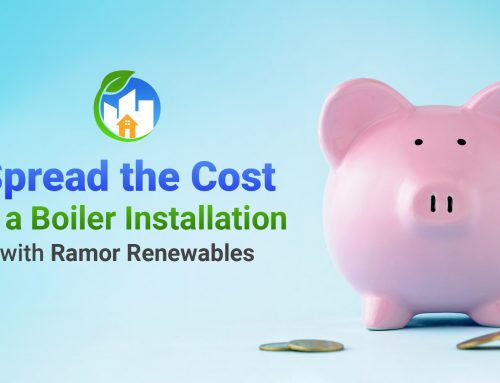Is my boiler broken?
This one of the most asked questions we get from calls to the office.
Lets see if we can help you with this commonly asked question; Is My Boiler Broken?
1. Is your boiler making weird noises?
Some noises are normal for a boiler to make. When you put your boiler on and it starts to heat up, it makes subtle noises. Although anything louder than the usual is never a good sign. Also if the noises start to sound different, you will soon be asking; is my boiler broken?
Sounds like gurgling, clunking, whistling, or banging could mean there is air trapped in the system and may need to be repaired or replaced by a professional. Other causes could be a faulty pump, low water pressure or even a build-up of limescale known as kettling.
Finding out exactly where the noise is coming from will determine what is the cause of your noisy boiler. Next step would be figuring out what type of noise it is making. Is it a vibrating noise? a banging noise? or a gurgling noise?
2. Are your radiators not heating up?
If your radiators are not heating up, you may have a bleeding problem or a balance issue in your radiators. If not, your broken boiler may be a bigger issue. You may need to get a professional to clean out your pipes or replace some elements of your heating system.
The most common cause of radiators not heating up is a build up of air or sludge in the system. If it’s just the top of your radiator is not heating up, you may just need to bleed your radiator.
Every household must bleed their radiator from time to time. After awhile air gets trapped in your radiator and when heating up your home, your radiator can often confuse the air as hot water. Therefore it acts as though it is fully heated when a lot of it is just built up air.
Some households bleed their own radiators but it is not the easiest process for those of you who have not tried it before. If you do not feel comfortable bleeding your own radiators, contact us HERE.
If just certain radiators in your home aren’t getting hot then your radiators could need balancing, which can also be done without the help of an engineer but only if you feel confident doing it. The process involves adjusting the valves on all of the radiators in your property, to ensure each is getting enough hot water to work effectively.
If your issue is not because it needs to bleed or because you need to balance out your radiators, then you may have built up grim and dirt that needs to be cleaned out. This cannot be done at home and you would need to higher in a professional to fix it. This build up can be blocking a free flow of hot water into your radiators. A professional engineer can remove this build up by chemically cleaning or flushing the system.
3. Do you own an old boiler?
You may be asking yourself is my boiler broken because it’s old? A boilers lifespan is between 10 and 20 years depending on the grade, quality and type. If your boiler is older than 10 years and your having issues with it – it may be time to upgrade.
Many of us get scared at the thought of buying a new boiler but it can actually save you so much money in the long run! Maintenance cost to keep your current boiler and the higher bills trying to heat your home can be solved with a replacement boiler.
Also more damage can be done to your heating system when you continue to use a broken boiler!
For more information on how to save money by upgrading your boiler, see our blog HERE.
4. Are your exterior pipes frozen?
This is actually a very common answer for people who call asking ‘is my boiler broken?’, particularly during the winter months. All condensing boilers have a condensate pipe and most of these pipes will run outside our home into a drain or sewage waste disposal system.
Your pipes may run outdoors where water can build up and freeze over or shaded areas where they can frost up from cold and icy weather.
Always check your exterior pipes if your boiler appears to be broken. The condensate pipe your looking for is a plastic pipe (usually white and roughly 2cm wide) and should lead outside of your property into a drain.
It is possible to thaw out the pipe yourself but it is safest to hire a professional in case there are further difficulties.
5. Is your boiler leaking?
A leaking boiler does not always mean it needs to be replaced as there is a variety of reasons why your boiler may be leaking. Although you should definitely get a professional to look at your boiler so they can inspect thoroughly and find the root of the problem.
The cause of the issue is usually solved by determining where exactly the leak coming from. Is it an internal problem? Is it leaking from the pipes or the tank? These questions must be asked before the typical question – is my boiler broken?
The most common source of a leaky boiler is a broken pump seal or pressure valve. If the leak is coming from the pressure valve it may be a case that your boiler pressure is too high. If it’s coming from the pump seal, it may have become worn out and needs to be replaced.
In some cases leaking can be due to boilers not being fitted properly or caused by corrosion.
If you have answered YES to any of these questions, you could have a broken on your hands! Be sure to contact us as soon as possible with your issue and we will be back in touch to help. Contact us HERE.
For more information about keeping your boiler up to scratch, see our Facebook page HERE.
Replace Boiler from Ramor Renewables are boiler installation specialists. Contact us now for information about new boiler installations and boiler replacement including costs and grants available.
#newboilercostireland #boilerreplacementcostireland






